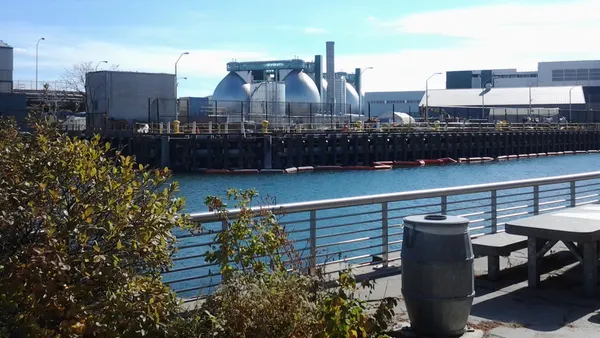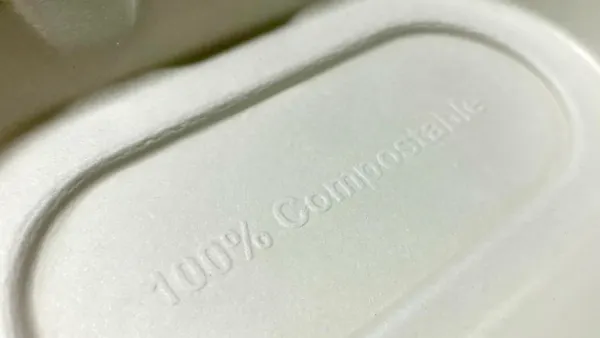Dive Brief:
- ReFED, a California-based nonprofit, recently announced the first 10 members of its new Nonprofit Food Recovery Accelerator. Each organization will receive $30,000, with funding supplied by the Walmart Foundation.
- The 10 nonprofits will participate in a three-month curriculum (facilitated by online learning company +Acumen) focused on strengthening business models and developing new technology solutions. One winner will be given an additional $100,000 at the end.
- The initial cohort of nonprofits hail from eight states. Members include more traditional food banks — such as Philabundance in Pennsylvania — and recovery organizations, such as Rescuing Leftover Cuisine out of New York. The list also has technology platforms, including Replate and Plentiful, as well as the more unique farm-based concept from Boston Area Gleaners in Massachusetts.
Dive Insight:
A recent report from the World Resources Institute estimates global food waste costs $940 million per year, with that figure expected to grow in the decades ahead without intervention. The report credits lost and wasted food with creating 8% of global greenhouse gas emissions and many other detrimental effects. Very large shares of land, freshwater and fertilizer all go into growing food that never gets eaten, while food insecurity remains a pressing concern in countries around the world.
The urgency of this issue has been highlighted by goals from the United Nations, U.S. and others to halve food waste by 2030. As emphasized by the U.S. EPA, and backed up with data from ReFED's founding roadmap, the environmental and financial benefits are greatest when this can be tackled upstream. In April, ReFED signed an agreement to partner with the EPA more closely on food waste projects over the next two years.
The EPA is among dozens of participants in the new accelerator's "expert network" — including familiar names such as CalRecycle and Closed Loop Partners — that will be providing support to the newly selected cohort.
The value of upstream recovery has also been recognized by waste and recycling service providers in markets such as Los Angeles, where organics diversion is becoming a requirement for a broad range of customers. It's now more common to see some of the industry's largest companies give financial or logistical support to local food recovery organizations in California and other states as a result.
Food banks and nonprofits have been working at this for years — with increasing buy-in from the agricultural and retail sector — but it's still been difficult to make a notable dent in the problem. During last year's U.S. Food Waste Summit in Massachusetts, a representative from the Walmart Foundation said it had stopped doing as much state-based donation and was focusing instead on higher-impact solutions. Other donors or investors also expressed a desire to go bigger during the event.
Compared with some of the flashier multimillion-dollar investments going to various science and technology companies in the food waste space, this initial $400,000 commitment is small. ReFED reported receiving applications from 125 organizations that anticipated needing a collective $30 million in additional funding over the next year to sustain or grow their operations. The majority of these groups operate locally and have "female or underrepresented minority leadership."
If the Walmart Foundation and other potential funding partners see success from this first round of the accelerator program, they will have ample opportunity to live up to their talk of spending big in order to address one of the world's more pressing waste issues.









